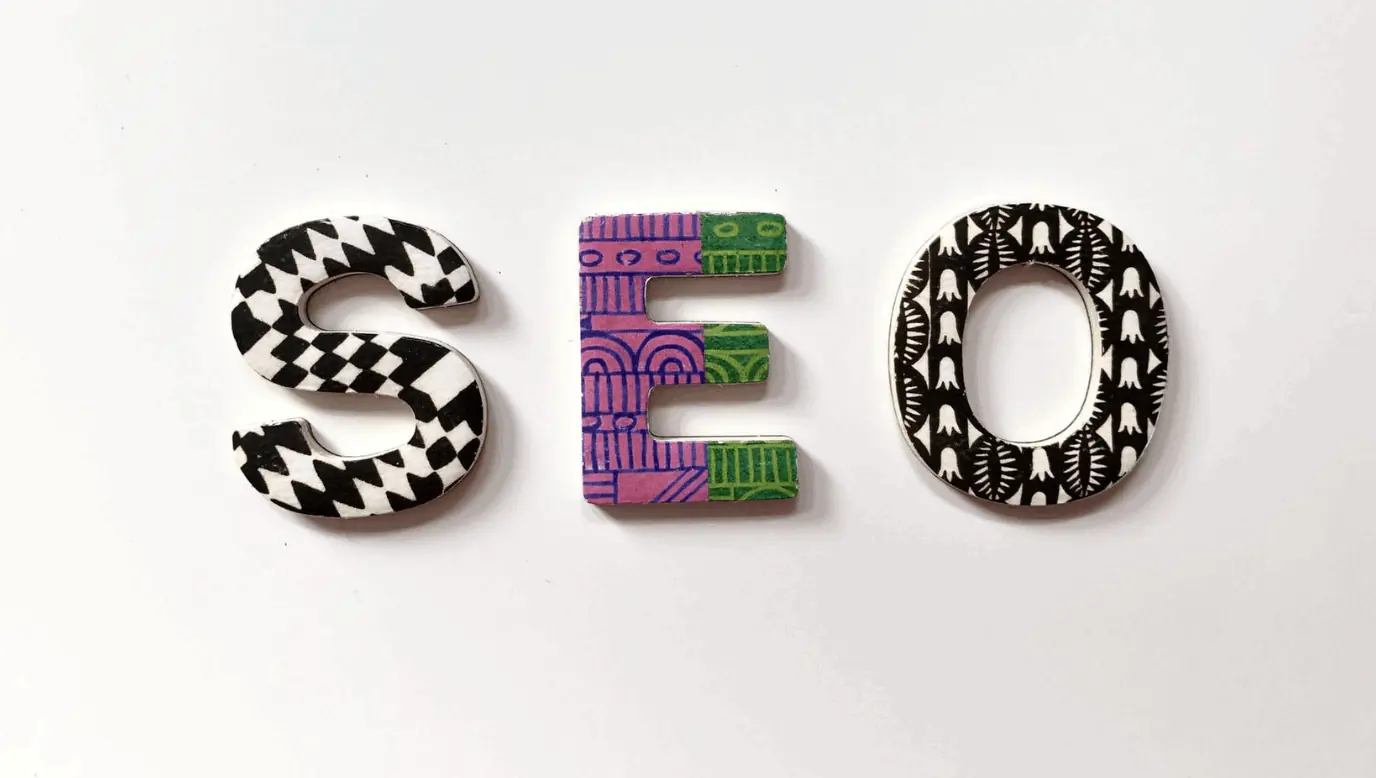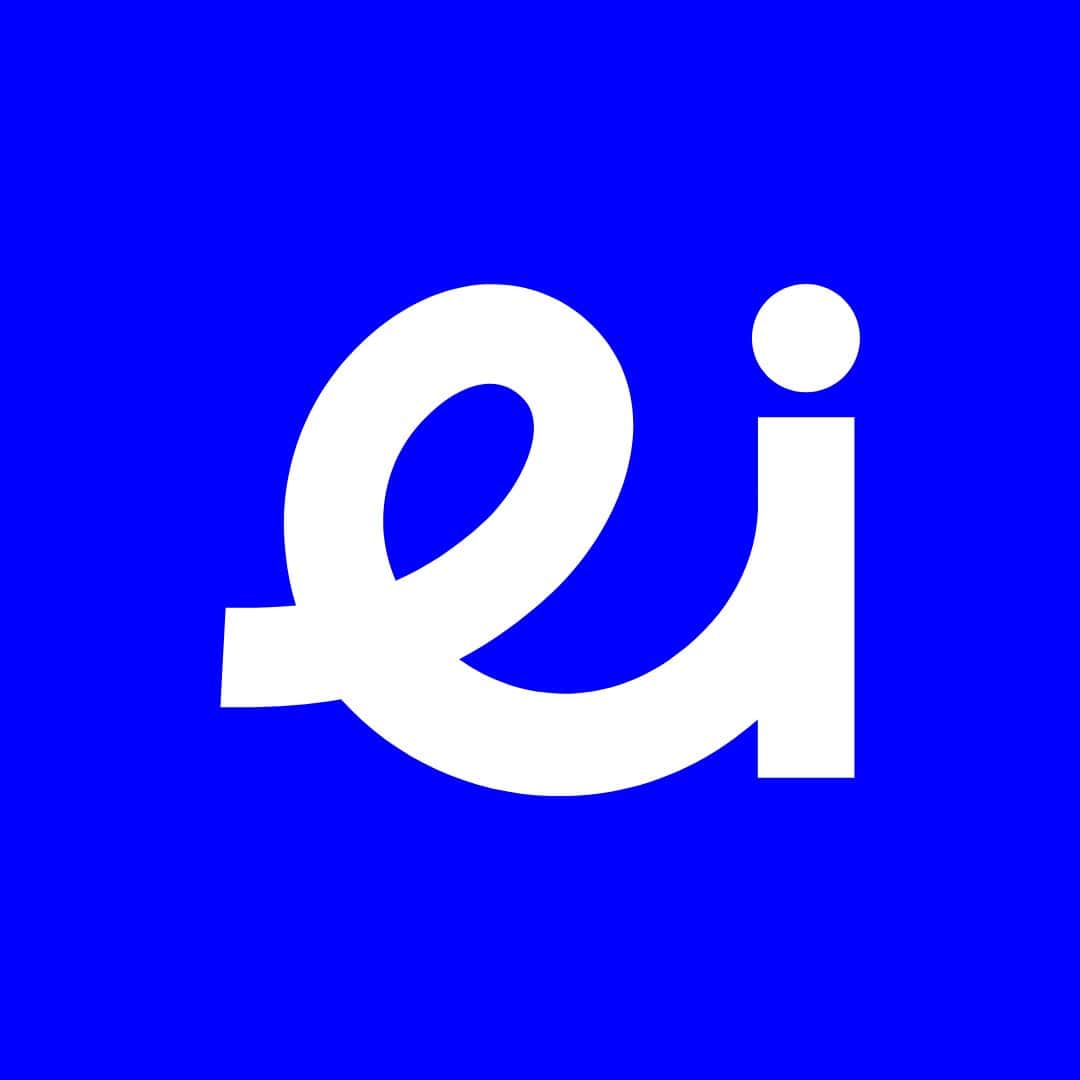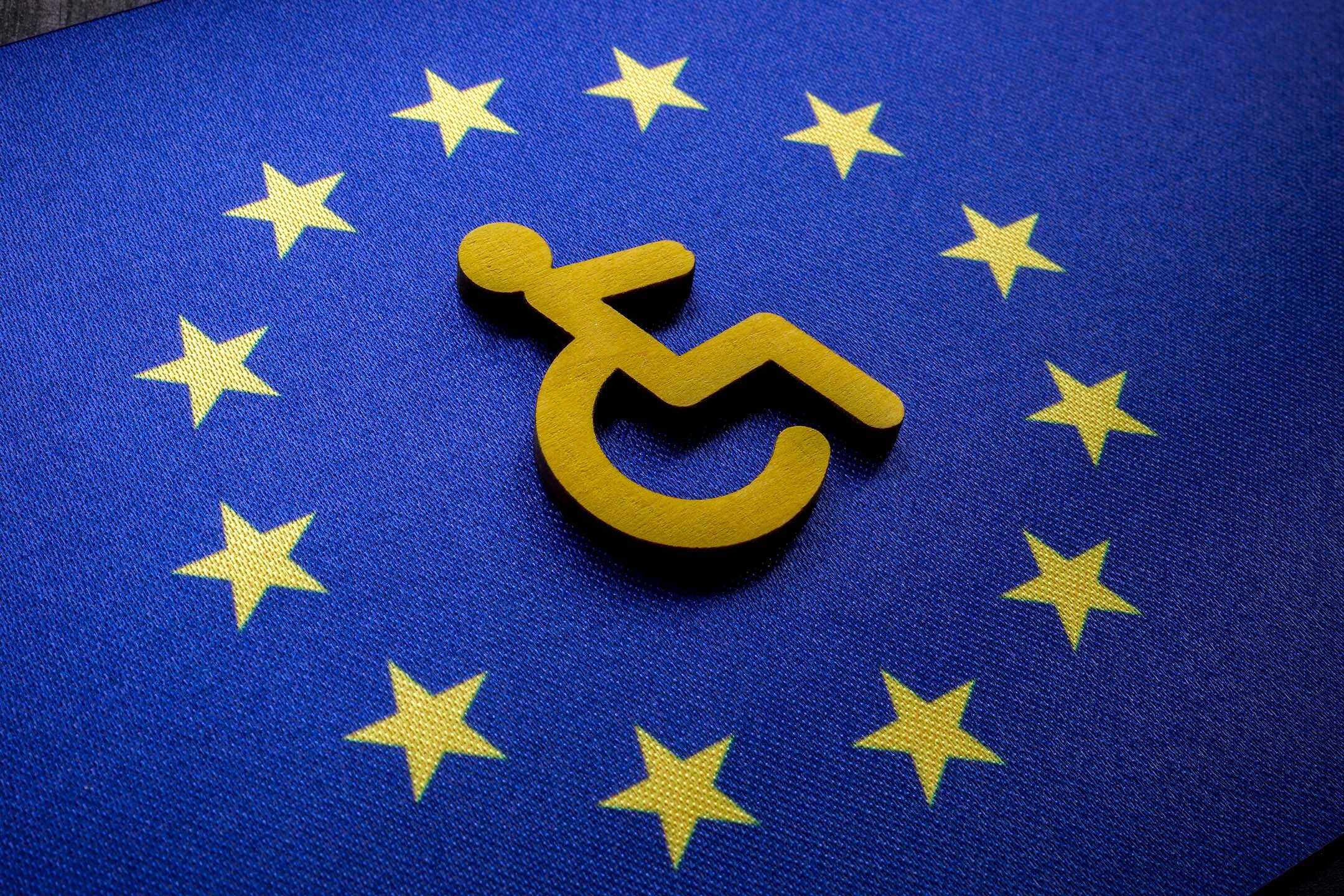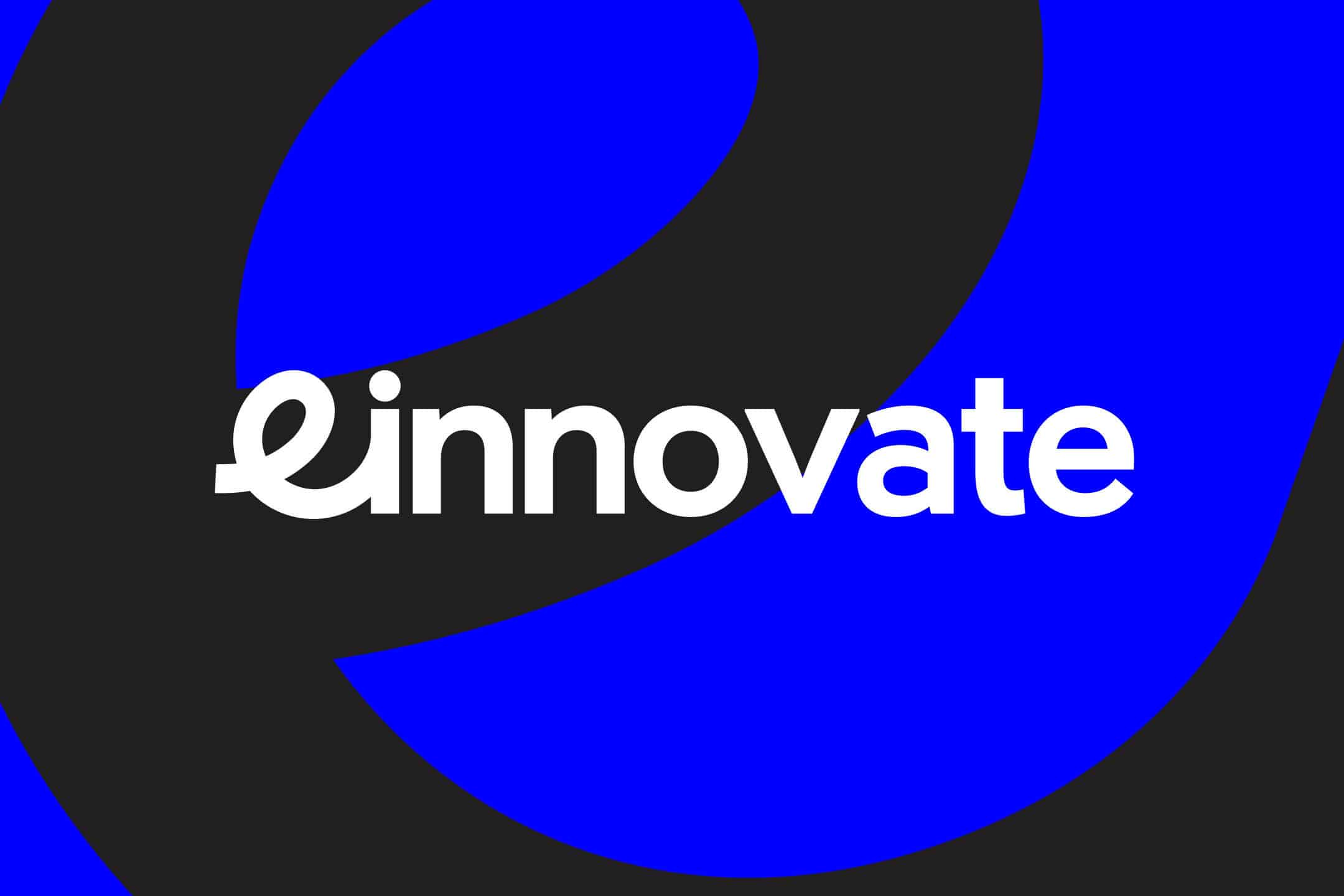You probably hear about SEO and PPC a lot when you are either building your website or embarking on a marketing initiative – but which should you go for? Let’s rewind and start from scratch, firstly, what do they both mean?
SEO stands for Search Engine Optimisation – we have a great blog written on SEO already which you can find here. In a nutshell, SEO is an organic way to build your traffic and work your way up through the Search Engine rankings. You could say this is a free way to build brand awareness online, however, although you aren’t paying to advertise, you will be investing money into ensuring you have a professional putting your SEO together for you. This is a service that e-innovate offers as part of our web design package.
PPC stands for Pay Per Click – this is where you are paying to drive traffic to your website through advertising services such as Google Adwords, Yahoo Search Marketing etc… Essentially, you are displaying adverts on the sponsored area of the SERP (Search Engine Result Page) and each time a user clicks on your advert to be taken through to your site, you pay for that view. The cost is relevant to how expensive the keyword is that you’ve chosen, at that moment in time. It is common to have a specialist PPC Agency managing your campaign to get you the best results by continuously optimising your campaign(s).
Now we have the basics out of the way, what else do you need to know? More importantly, which avenue should you take – PPC or SEO? There is no right or wrong answer to this question, and it will be different for everyone. The variants can depend on budget, audience, keyword competition, demographic to name just a few.
Let’s look at the pro’s and cons of each medium and you can see for yourself which you think works best for your business. Don’t forget, e-innovate can help you with this conundrum – we can simply help you put a strategy together or alternatively full manage the online marketing for you.
SEO
Here at e-innovate, we are huge SEO fans and firmly believe, that if done correctly and with good research, then SEO is the perfect way to build your brand awareness online. So, let’s start with THE list:

PRO’s:
1) It’s free!! Especially if you are putting together the criteria yourself, however, make sure you are doing your research – have a look at https://www.wordtracker.com which should help. E-innovate offer a comprehensive but affordable SEO package which can help you get started. Credibility – there is a percentage of users who will always bypass the sponsored sections of SERP’s. By relying on SEO and organic growth to reach the top rankings, you are subliminally showing your potential client that you are a credible player within your industry and not relying on paid ads to be at the top of the page.
2) Always visible – if you are building your brand awareness organically, this means that traffic should flow uninterrupted, rather than with paid advertising, as soon as you stop paying, the traffic will slow down or stop.
3) Click Through Rate (CTR) – as per point 2, due to many potential clients using the organic search rather than the sponsored / ad section, you are generating a higher percentage of click-throughs which helps drive you further up the ratings as well.
CONS:
1) Time – how long have you got to succeed? By relying solely on SEO to achieve top ranking, this can take time so you won’t have an immediate ROI from the time and money invested in SEO. Rule of thumb has been that it takes Google up to three months to fully refresh their cache, so this could then mean it would take up to six months to potentially achieve first page rankings.
2) Investment – although SEO is free, it is only free to an extent. It takes a huge amount of time to take on your own SEO, you need to educate yourself on how it all works, research keywords, understand Google Analytics, learn how to optimise to full potential etc… all this time could be used more constructively building your business in other ways. We do recommend using a professional for these services with a proven track record of success in this field.
3) Industry popularity – as a startup, it’s really hard to rise to the top organically, analyse your arena, if you’re up against big hitters for example, if you are a sports supplier and competing with the likes of Sports Direct or Nike then you will probably need to rethink your methods of digital brand awareness.
4) SEO also relies strongly on web content, this can also be very time consuming if you are doing it yourself. Google recognises and applauds sites that have new content regularly added, especially content that is credible, authoritative and trustworthy (see our blog on this here). This is also something that e-innovate can assist you with, having our own in-house content writer.
5) Link Building – as well as content, SEO is also reliant on link building – this requires a strategy and expert support. It can be very time consuming and will take a while to master.
6) Update protection – a big downfall of being completely reliant on SEO is that the Search Engine algorithms change from time to time. This means that all the hard work you have put in to ensuring you are ticking all the correct SEO boxes can be redundant with any changes, meaning you may have to start all over again.
PPC
At e-innovate we assist lots of clients with their PPC campaigns with great results. We do all the hard work including the research, analytics, compiling the campaigns and you enjoy the results!
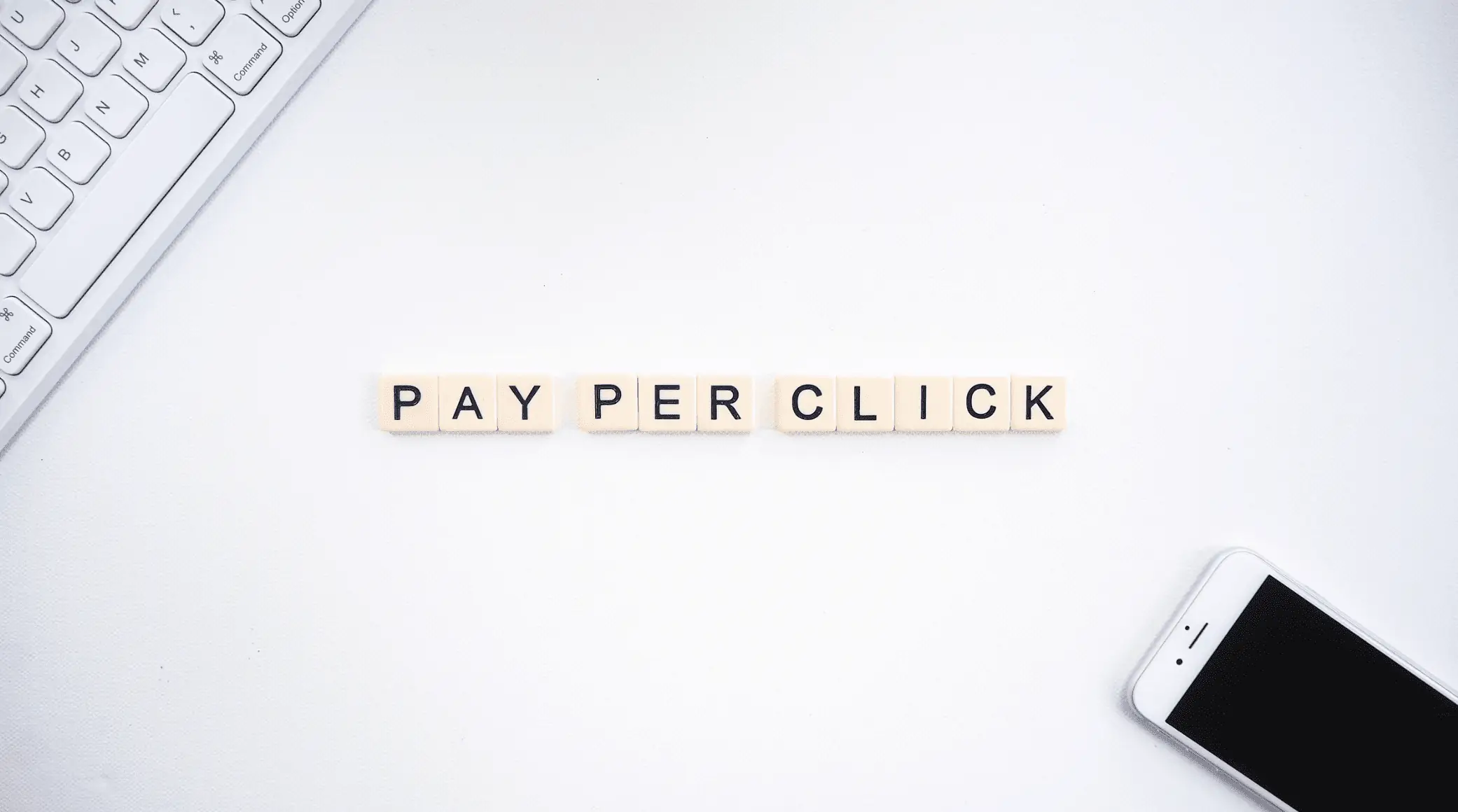
PRO’s:
1) Time – if you are launching and looking to ensure an immediate boost in your client base, then the PPC method is a must. When you pay for traffic, you are essentially ensuring a steady stream of visitors to your site.
2) Trends – PPC are adverts which means you can change them depending on industry trends allowing you to piggyback off popular themes. This allows you to gain traction by focusing on industry led news and events that you know will peak your potential clients interest.
3) Control – by using targeted Ads, you are able to focus on gaps in your current clientbase. For example, if you are a gym and it’s quite female heavy and you’d like to increase your male gym members, you can control your advertising accordingly therefore aiding you in any revenue holes you may have.
4) Page position – with PPC ads, the search responses are always found at the top of the page in the above-the-fold content. These are the first results your potential client will see.
5) Make it eye catching – making content aesthetically pleasing is such a huge plus. One of the great benefits of using PPC ads is that you are able to provide image ads that will help a potential client see what they are buying or the lifestyle that you are selling! This can massively improve the CTR and is not available in organic searches.
6) Targeting – PPC is the perfect way to get in front of your ideal client. The Ads are comprised of specific keywords, scheduled post timings, geography, demographic and more! This means you are choosing who is looking at your advert so you are literally sitting in front of your perfect client! The perfect match!
7) Budget – this is a pro and a con depending on so many elements. However, if your account is set up properly and professionally, it is possible to keep costs down but still lead a successful campaign. This is dependant on industry and demographic etc… , if you are a small, local business targeting a small geographical area with not many keywords, then PPC may be a good option with a carefully controlled daily spend.
CONS:
1) Costs – it is very easy for costs to spiral using PPC. Keywords can prove to be really expensive depending on your industry, and although you are in control of your daily budget, it is vital to look at analytics of click throughs to sale or enquiry. If you are targeting larger geographical areas or even international clients, then costs can build up really quickly with little ROI.
2) Sustainable spending – using PPC as a way of building brand awareness and enquiries has, or should have, an immediate uplift in sales for you. However, once the payments stop, then your brand will no longer appear in the Ads section and traffic will drop off and in some cases, die out all together. This means that your PPC requires constant topping up and investment.
3) Bidding wars – it is not unheard of to end up in bidding wars with competitors driving the costs of keywords up. Look at it like an auction, the more people bidding, or in this case, wanting to use that keyword, will drive the price up.
4) Professional skill-set – PPC needs constant check-ins as well as someone knowing what they’re doing looking after it. Your campaigns will need tweaking, testing, analysing and managing. This is time consuming and is best left to someone who does this professionally. At e-innovate, we run lots of PPC campaigns and would be delighted to help you with this aspect. This is another cost that therefore needs budgeting in to the whole campaign.
So, what’s our view? We are firm believers in using both organic and PPC running alongside each other. Not only with this help your brand build awareness in a sustainable and permanent way, so that when paid advertising stops, you still have a place in the top rankings, but also keeps costs down as you shouldn’t have to throw lots of budget at PPC, but more use it as a leg up for your own SEO.
